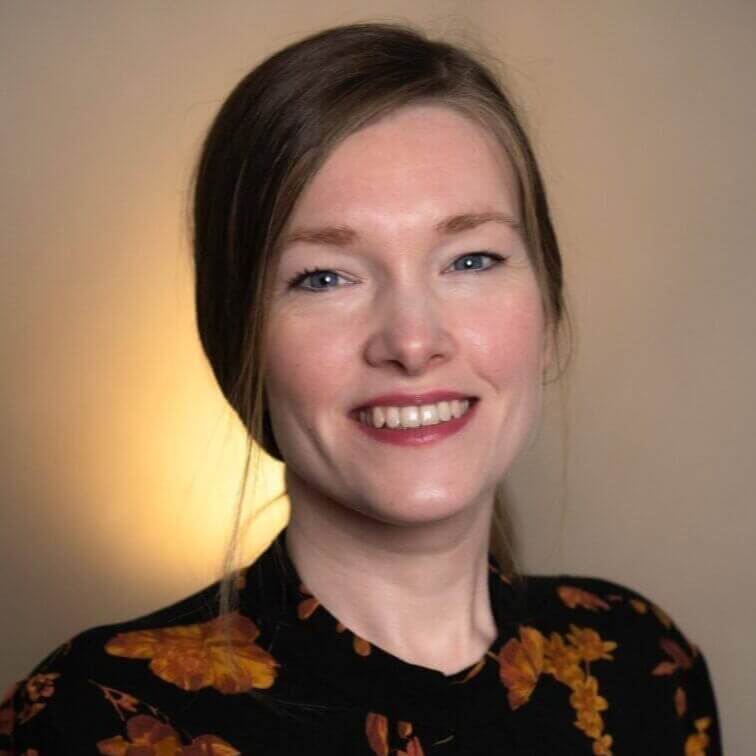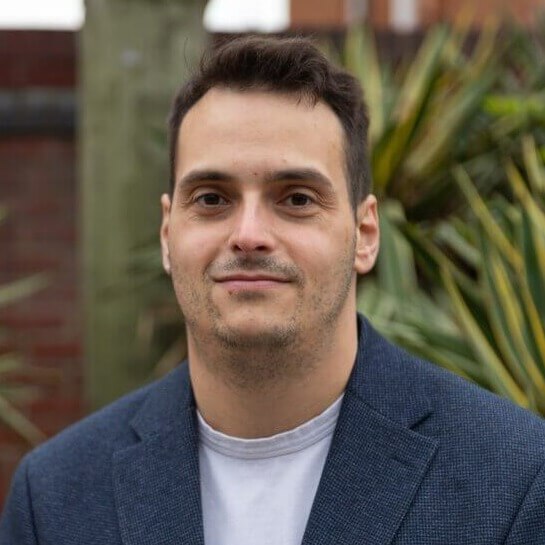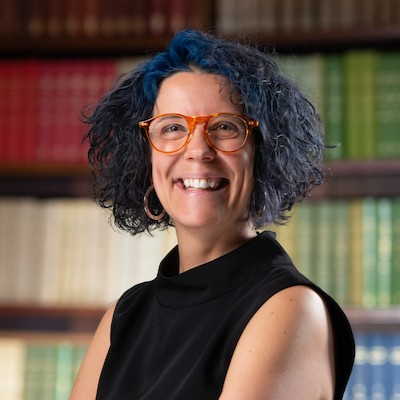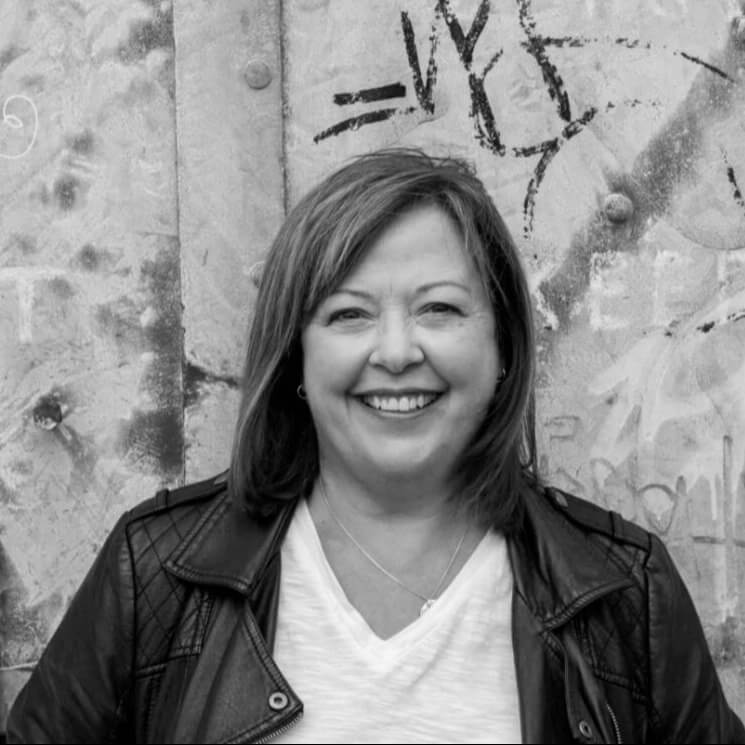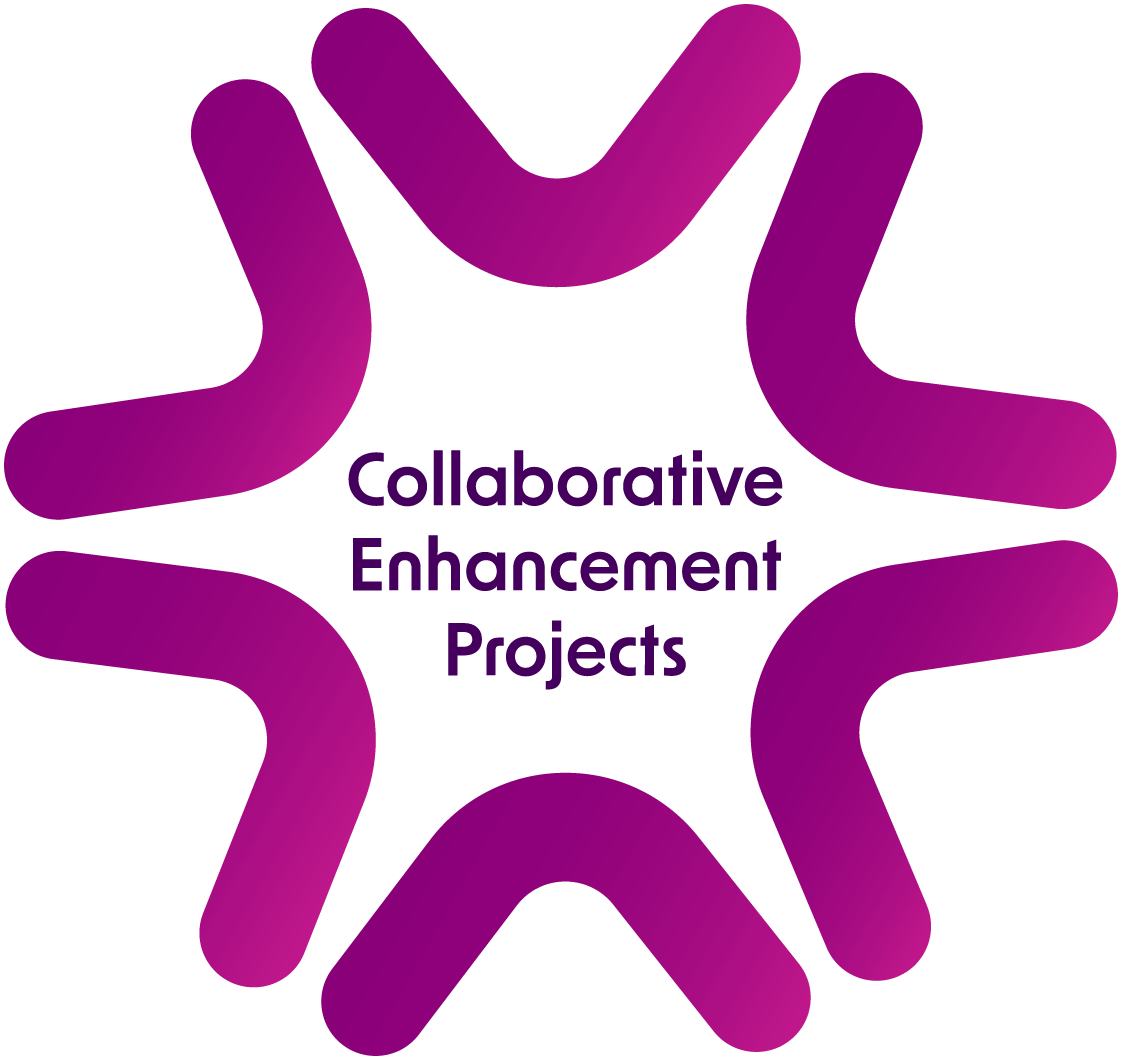
This Collaborative Enhancement Project will develop a Work Readiness Education framework for the creative industries, offering flexible pathways to boost employability. Focusing on diverse learners - neurodivergent, international, carers, widening participation and distance students - it will design inclusive, practice-based experiences that cultivate industry-relevant skills, adaptability, and ethical awareness for sustainable creative careers.
About this project
This project seeks to develop a Work Readiness Education (WRE) framework tailored to the creative industries, providing flexible learning pathways that enhance employability for all students.
Emphasising the needs of diverse learner groups, including neurodivergent, international, carer, widening participation and distance students, the project will design inclusive, practice-based learning experiences that support industry-relevant skills and ethical awareness.
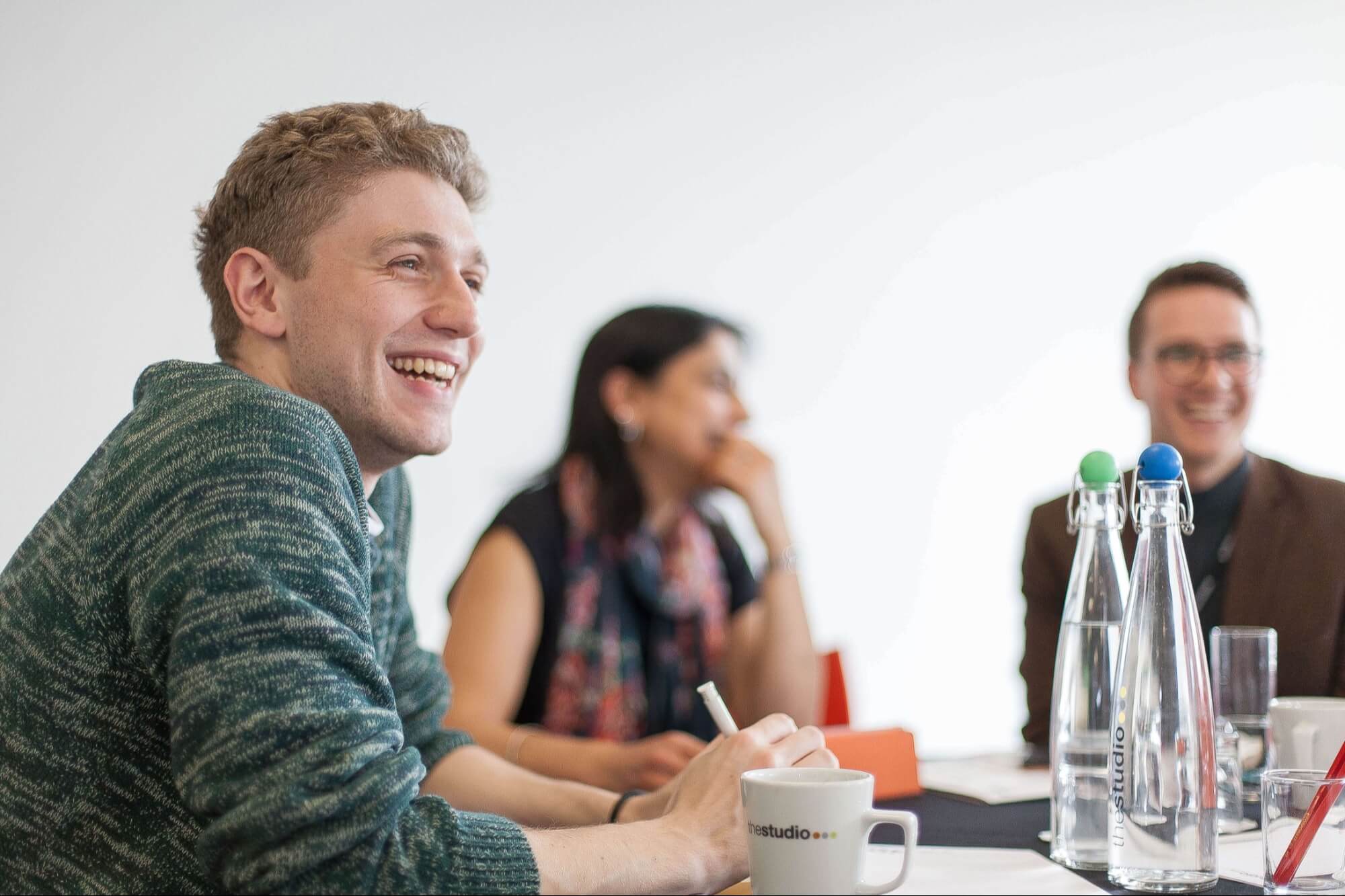
As creative industries continue to expand, the demand for graduates with industry-aligned skills and work-readiness has grown. Bridgstock (2011) highlights a gap in graduate skills that align with creative sector needs, stressing the importance of targeted WRE.
Furthermore, Daubney (2022) and Römgens et al. (2019) emphasise the critical role of WRE in preparing students for employment by embedding practical skill-building and real world experience in the curriculum. This project aims to address these challenges by designing a flexible and inclusive WRE model that aligns with industry standards and accommodates the unique needs of diverse student demographics.
By integrating ethical considerations and addressing potential career-limiting behaviours, the project will advance QAA’s commitment to flexible, inclusive education that supports employability for all students.
Working with colleagues across a range job roles and institutions, of differing sizes and locations and specialisms, is of real value to a project like this.
Although not all from creative institutions, we all work – in some capacity – with students and graduates who are most likely to work within the Creative Industries. We have worked together as part of the AGCAS Creative Industries Task Group for the several years and developed an understanding of both the benefits and challenges of each of our varied institutional approaches.
The students we each work with are also unique in their lived experiences, dependent on number of factors. These experiences will then vary even more so based on the institution they have chosen to attend and discipline they have chosen to study.
Elli Whitefoot
She has been a member of the AGCAS Creative Industries Task Group since 2019, working alongside colleagues from a variety of institutions, all contributing the benefit of their differing focuses, perspectives, and experiences. The CITG have delivered workshops, events and resources for the wider AGCAS community of practitioners, providing insight into the Creative Industries, and they now partner on this QAA project aiming to enhance Work Readiness Education (WRE) for creative industry employment.
Dr Leo Burtin
Dr Leo Burtin is the Careers Education Manager for the School for the Creative and Cultural Industries at UCL. Leo combines research, pedagogy and creative practice to empower creative individuals and organisations to realise their ambitions.
Dr Miri Firth
Dr Miri Firth is Senior Lecturer at the University of Manchester and institutional lead for Manchester in the QAA-funded Enhancing Work Readiness Education (WRE) for Creative Industry Employment project. She chairs the AGCAS Creative Industries Task Group, representing over 200 UK institutions, and has led national initiatives with partners including Creative UK.
Miri’s previous QAA CEP on Optionality in Assessment shaped flexible assessment practice across 13 universities. Her current work develops an inclusive WRE framework for diverse creative industry learners, integrating employability, ethics, and innovative pedagogy to equip graduates for meaningful, sustainable creative careers.
Andrew Garfoot
Andrew has worked for BIMM Manchester for over eight years, working with students of music, songwriting, business, events and production. This work is part of over ten years’ experience in supported employment and higher education.
Music is a huge part of Andrew's life, and being able to provide careers guidance in this area gives him the opportunity to combine his professional and personal interests. He has been in bands and worked with singer/songwriters since he was a teenager and plays guitar, dobro and lap steel.
His careers guidance specialisms include creative career paths, portfolio careers, postgraduate study, self employment, employment with a disability, professional online interactions, speculative applications and interview preparation. Andrew is also responsible for organising BIMM Manchester's yearly Careers Event, and frequently interviews music industry guests as part of BIMM's Masterclass programme.
Jason Law
Jason is a Careers Consultant attached to the Faculty of Art, Humanities and Culture at the University of Leeds. He liaises and supports academics on a range of subjects in the Faculty. Currently there is an initiative across the whole institution to surface skills in the curriculum in all UG subjects, making them more apparent to students, which Jason has supported academics. His work has focused on leading Employability Modules to Year 2 students, supporting events and conducting guidance appointments. The module he leads involves employers providing a live brief which he has developed relationships in industry. He also has FHEA accreditation.
Louise Sharland
Louise Sharland is a Careers Advisor at Arts University Plymouth. Louise works with fourteen subject areas ranging from Games Animation to Craft and Material Practices. Her work includes embedding employability through in-class and cross-curricular delivery linked to the university's Common Unit Framework, and 1:2:1 careers guidance. Her areas of particular interest include supporting widening participation and neurodivergent students.
Previous experience includes working for the national homeless charity Crisis UK as a Work and Learning Coach, and as a 6th Form Careers Advisor. Louise has a BA (Hons) from the Open University, an MA in Creative Writing from the University of East Anglia, a PG Cert in CEIG from Warwick University, and is currently completing her HEA Fellowship. In her spare time Louise is a published crime writer. Her third book Vengeance Street, is out on kindle.
Matt Halfin
Careers Consultant (SoG and SPIR) at Queen Mary University of London
